U.S. Customs and Border Protection (CBP) has released updated tariff guidance, confirming that 20 product categories under the Harmonized Tariff Schedule of the United States (HTSUS) will be exempt from newly implemented “reciprocal duties.”
The decision follows a memorandum signed by President Donald Trump amid rising trade tensions with China.
The exemptions cover a wide range of technology-related products, including integrated circuits (HS 8542), smartphones (HS 8517.13.00), flat panel display modules (HS 8524), computers and components (HS 8471, 8473.30), and semiconductor manufacturing equipment (HS 8486). Other electronic products, including solar cells, flat panel TV displays, flash drives, and memory cards, are also exempt.
The guidance comes after Trump announced earlier this month that he would impose sweeping 145% tariffs on Chinese imports, a decision that sent shockwaves through the tech sector and posed significant risks for companies that rely heavily on Chinese manufacturing, such as Apple.
Industry analysts are calling the exemptions a big win for the tech sector. According to Evercore ISI, 80% of Apple’s iPads and more than half of its Mac computers are made in China. The new exemptions effectively shield Apple and other tech giants from the full brunt of the tariff hikes.
“This is a dream scenario for tech investors,” Dan Ives, global head of technology research at Wedbush Securities, told CNBC. “The exclusion of smartphones and chips is a game-changer when it comes to China tariffs.”
Ives said the tariffs were a “dark cloud” hanging over the tech sector: “No sector was going to be hurt more than big tech. I think the bottom line is that big tech CEOs spoke up and the White House had to listen. If they were implemented, it would be apocalypse for big tech.”
While the current exemptions provide temporary relief, the guidance notes that these products may still face duties in the future, but any additional duties are expected to be significantly lower than the initial 145% rate.
*This is not investment advice.
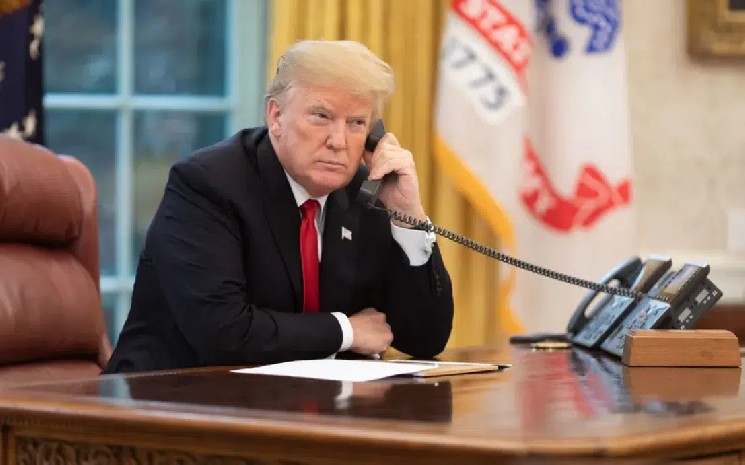



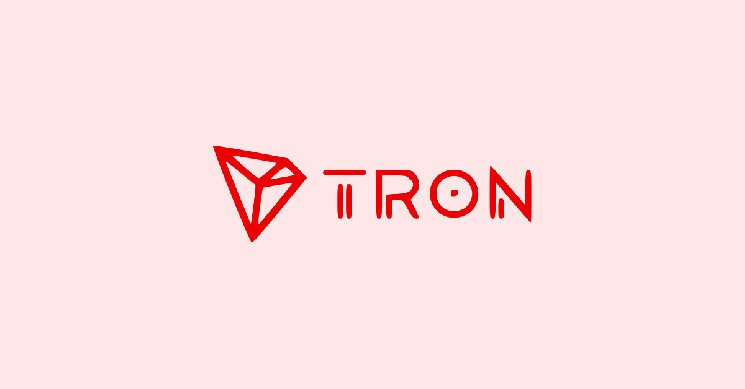

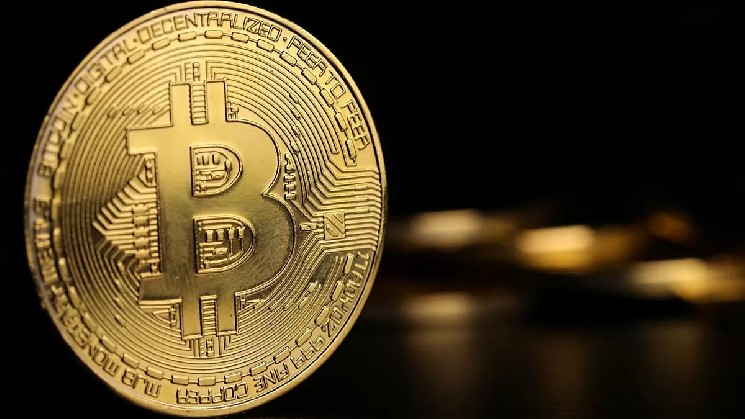
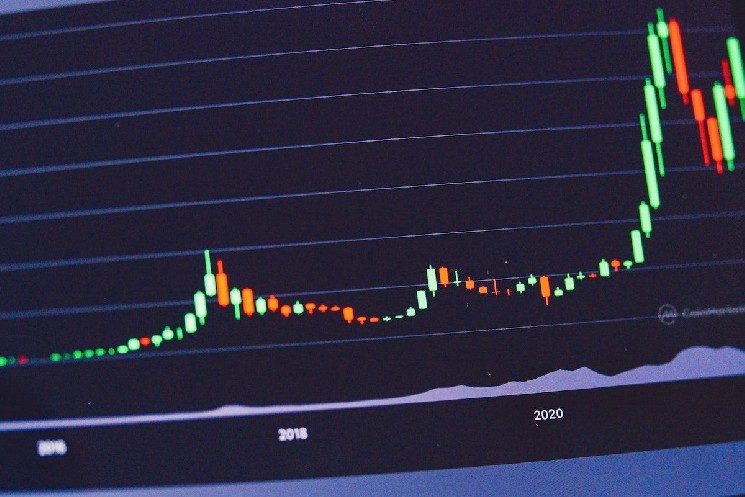




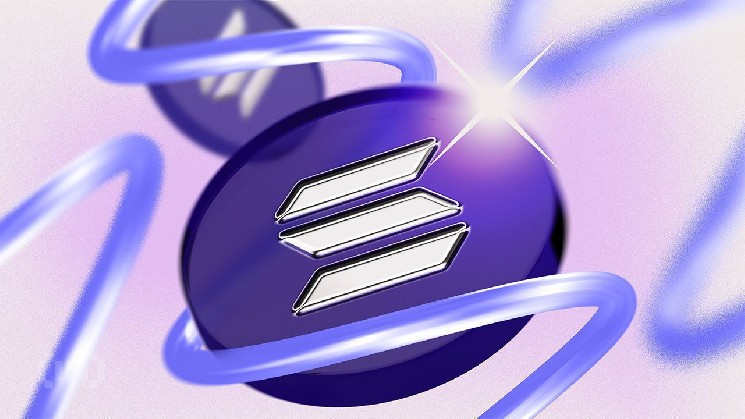

Leave a Reply